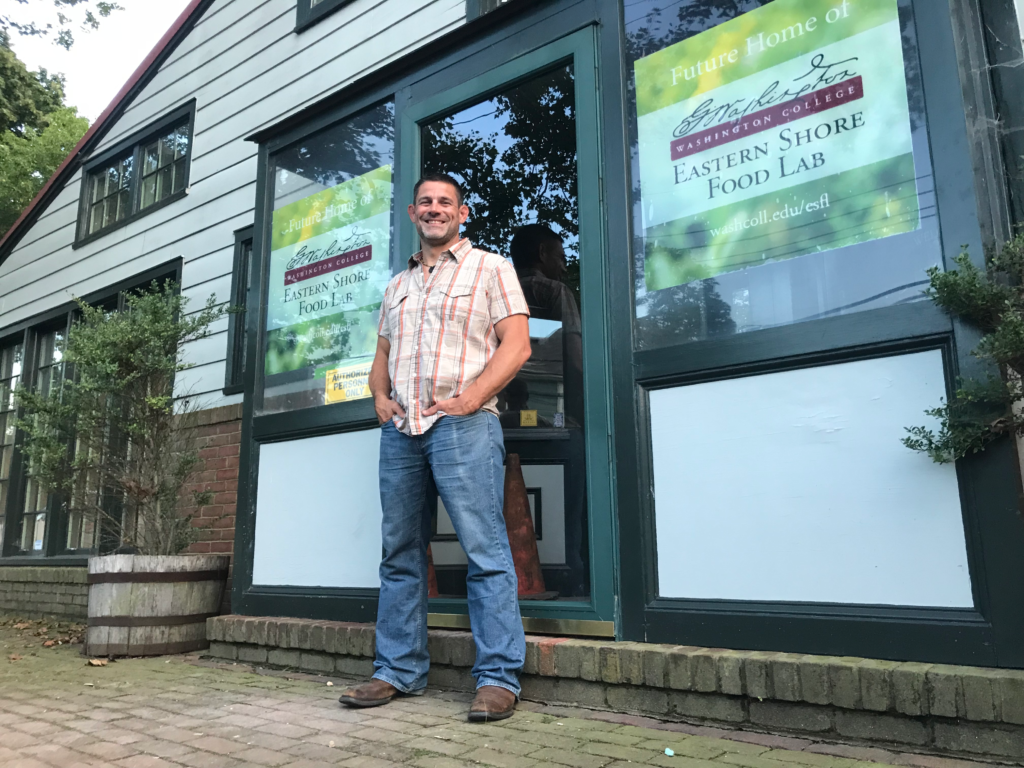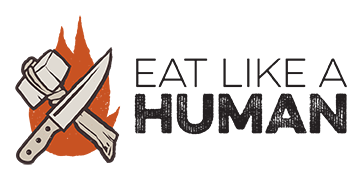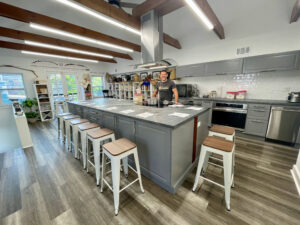we’ve been waiting 6 months to share this with you!
At Eastern Shore Food Lab (ESFL), we believe in the power of food to connect, nourish, and inspire. Our mission is to revolutionize the way we eat by exploring ancestral culinary traditions and reimagining them for a modern, sustainable world.
As founders of the ESFL, we would like to express our heartfelt gratitude to everyone who has been a part of our journey so far. Whether you have taken a class with us, made a donation, read our weekly emails, visited us in Chestertown, or been following the journey online, we sincerely appreciate your support over the years.
We would like to thank River & Roads Consulting for their expertise and guidance throughout this process. Their ability to synthesize the diverse range of perspectives and ideas we received has been instrumental in shaping our strategic plan. We would also like to extend a special thank you to the Swanstrom Foundation whose generous donation funded this comprehensive strategic plan.
To all the individuals who took the time to share their thoughts, ideas, and experiences, whether online in a survey or during listening sessions, we are immensely grateful. Your contributions have helped us gain a deeper understanding of the needs and aspirations of our community.
With your support, we are excited to embark on the next phase of the ESFL’s journey. This strategic plan, which has been informed by your input, will serve as a roadmap for us as we work towards creating new and innovative ways for people to learn how to Eat Like A Human.
At the ESFL, we remain committed to fostering community engagement, promoting nutrient-dense foods, and celebrating local terroirs. Together, let us redefine what it means to Eat Like A Human and create a brighter, more sustainable future for our community and our planet.
Moving forward, we cannot wait to put into action the insights contained in this strategic plan; successfully executing it will enable us to refine and further enhance our programs and initiatives, ensuring that we continue to meet the evolving needs of our community.
We are excited about the possibilities that lie ahead and the impact we can make together. With your continued support, we will bring our strategic plan to life and create a lasting legacy for the ESFL.
Thank you once again for being a part of this transformative process. We look forward to sharing the exciting initiatives that will emerge from our collaboration.
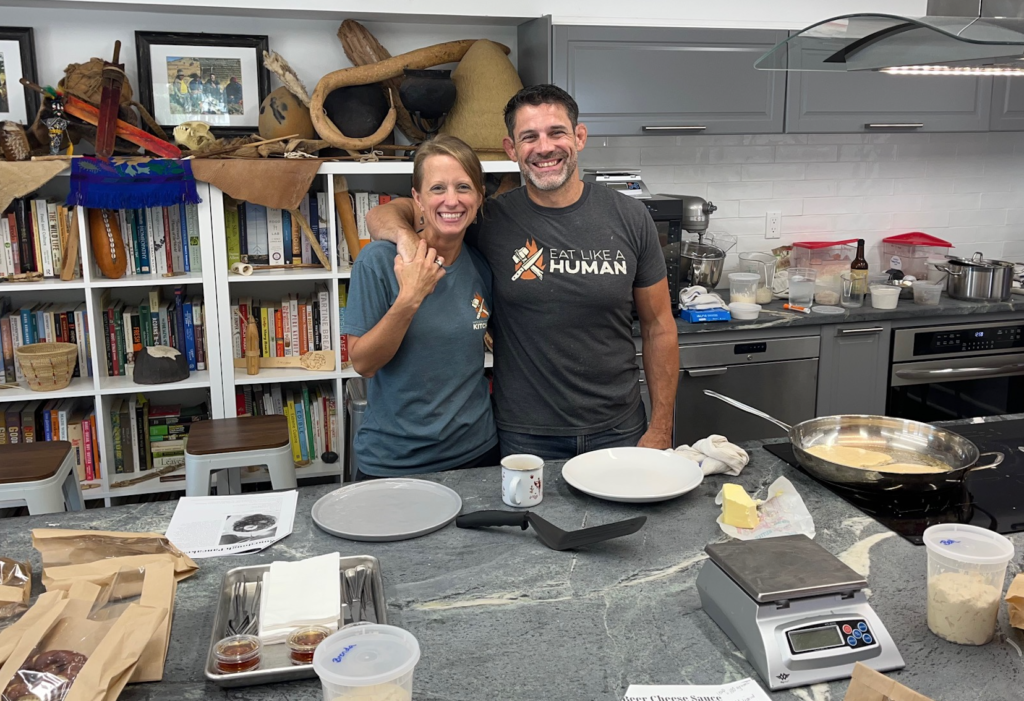
Updates coming shortly as we implement the Strategic Plan
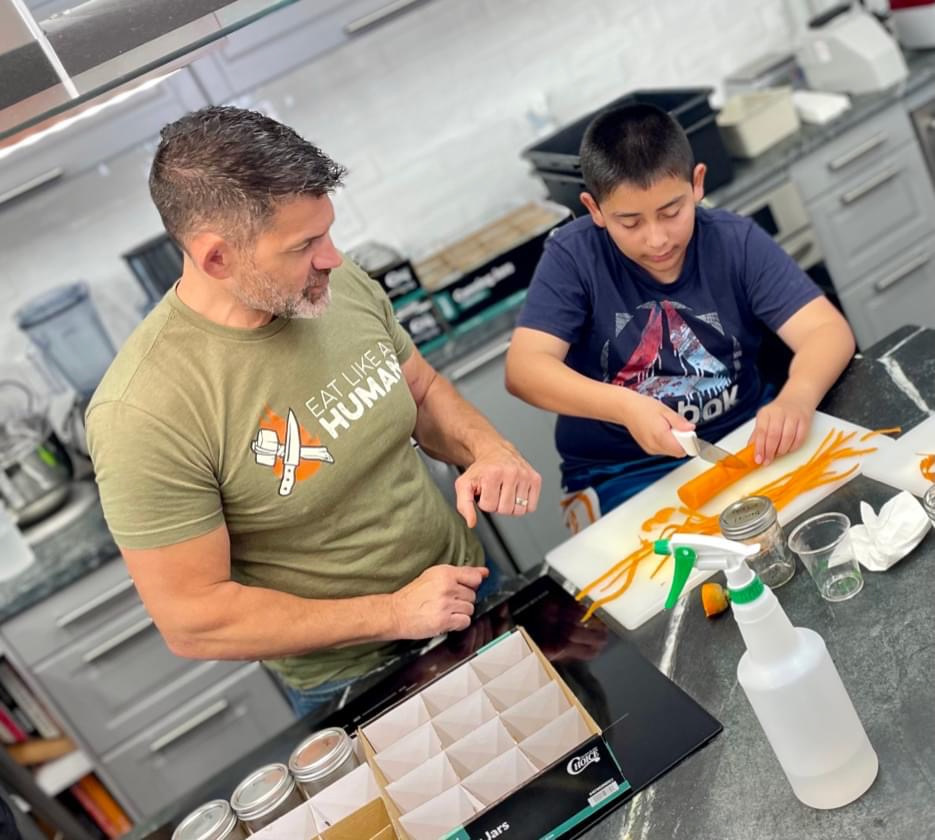
Major Changes to the ESFL
PRESS RELEASE July 15, 2021
EASTERN SHORE FOOD LAB TRANSITIONS TO INDEPENDENT NON-PROFIT, WILL SHARE SPACE WITH MODERN STONE AGE KITCHEN
The Eastern Shore Food Lab (ESFL) created in 2017 as a research and teaching laboratory at Washington College, has become an autonomous nonprofit. Dr. Bill Schindler, who was instrumental in creating ESFL, will continue to direct the food lab and expand its programs. Dr. Schindler, who recently left his position at Washington College, has conducted internationally recognized research focused on identifying and documenting ancestral dietary approaches that create the safest, most nourishing food systems possible. He will continue that research at ESFL and will offer hands-on, immersive classes on a range of topics including cheese making, sourdough bread, nose-to-tail butchering and cooking, fermenting, and foraging. ESFL will begin offering international tours that immerse participants in the history and science of transitional foodways around the world. It will become a destination for individuals and groups drawn to Chestertown by the prospect of learning from ESFL programs.
Wendy and Larry Culp, active participants in many local organizations, observed “Bill Schindler and the Eastern Shore Food Lab are important members of the Chestertown Community. We are long-time supporters of his work and are excited to see him realize the full potential of the ESFL.”
The ESFL will share its 236 Cannon Street location with the Modern Stone Age Kitchen (MSAK) which Dr. Schindler has established with his family to bring to Chestertown an array of nourishing food made entirely from scratch using ancestral techniques. Joining Schindler are his wife, Christina, and their three teenage children, Brianna, Billy and Alyssa. Brianna’s popular sourdough bakery, Rise, which she began out of the family home at the beginning of the pandemic, will continue to operate under the new entity.
MSAK, in coordination with ESFL, will offer themed, sit-down meals designed to nourish, educate and entertain. These dinners will feature world-renowned chefs and innovators, bringing cutting-edge culinary experiences to Chestertown. The dinners will provide the additional opportunity to experience locally-sourced ingredients prepared in healthy, creative ways, all while educating and entertaining participants.
“We are excited to be able to take this next step to make a larger-scale impact as we work to replace the foods people eat every day with the most nourishing versions possible,” says Schindler. His book, Eat Like a Human: Nourishing Foods and Ancient Ways of Cooking to Revolutionize Your Health, will be published in November by Little, Brown, Spark. “We are excited to add our unique approach to the already dynamic and growing food scene in Chestertown,” adds Schindler.
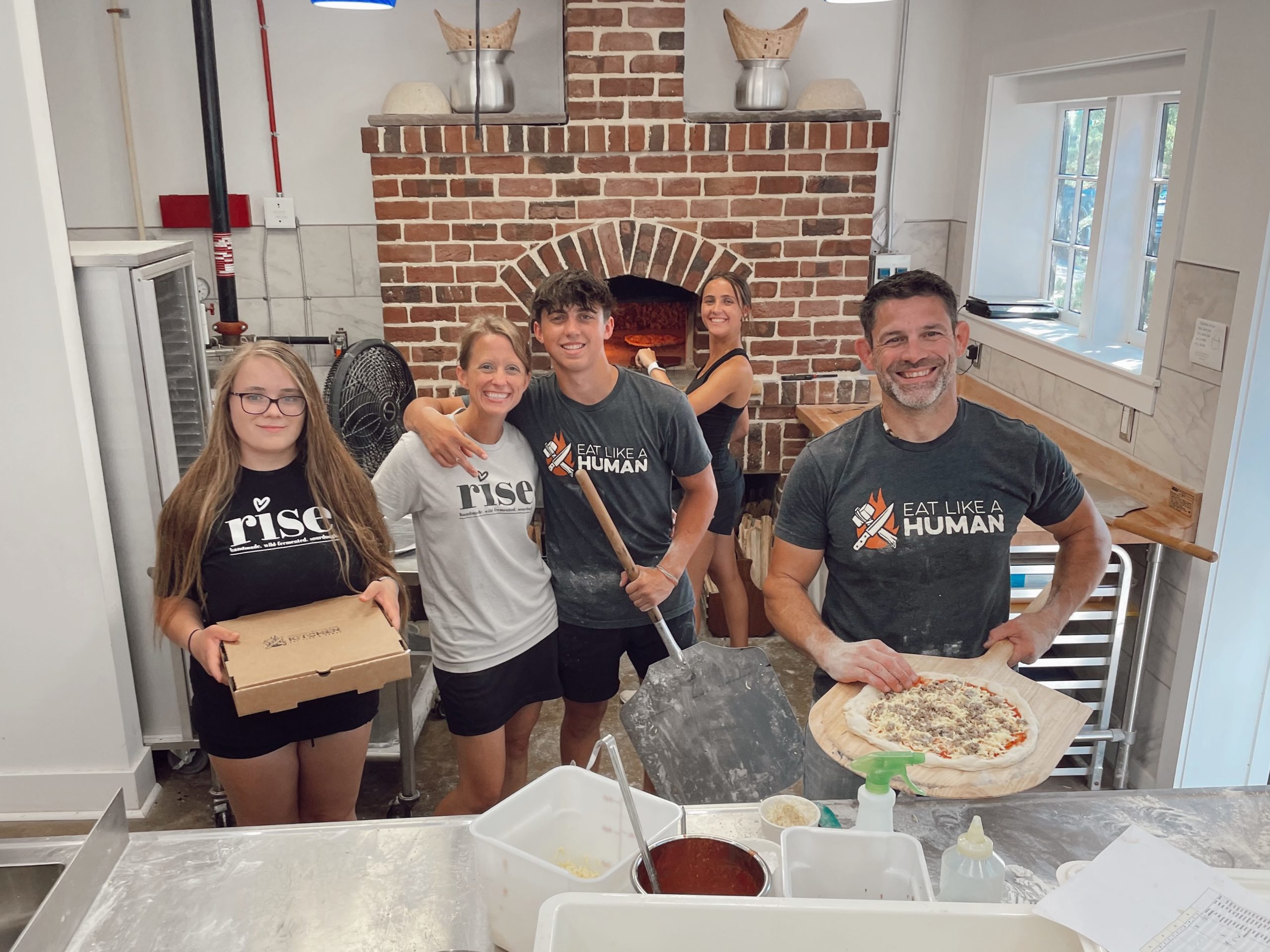
Food has always been central to my research and teaching
For years, I would have students at the house, night-after-night, butchering deer, making cheese and grinding grains to provide valuable hands-on opportunities to bring to life what they learned in the classroom. To support this teaching and learning approach Christina and I even built a commercial kitchen in our basement! I didn’t realize it then, but those ten years spent teaching out of the house were actually laying the foundation for the creation of the Eastern Shore Food Lab at Washington College.
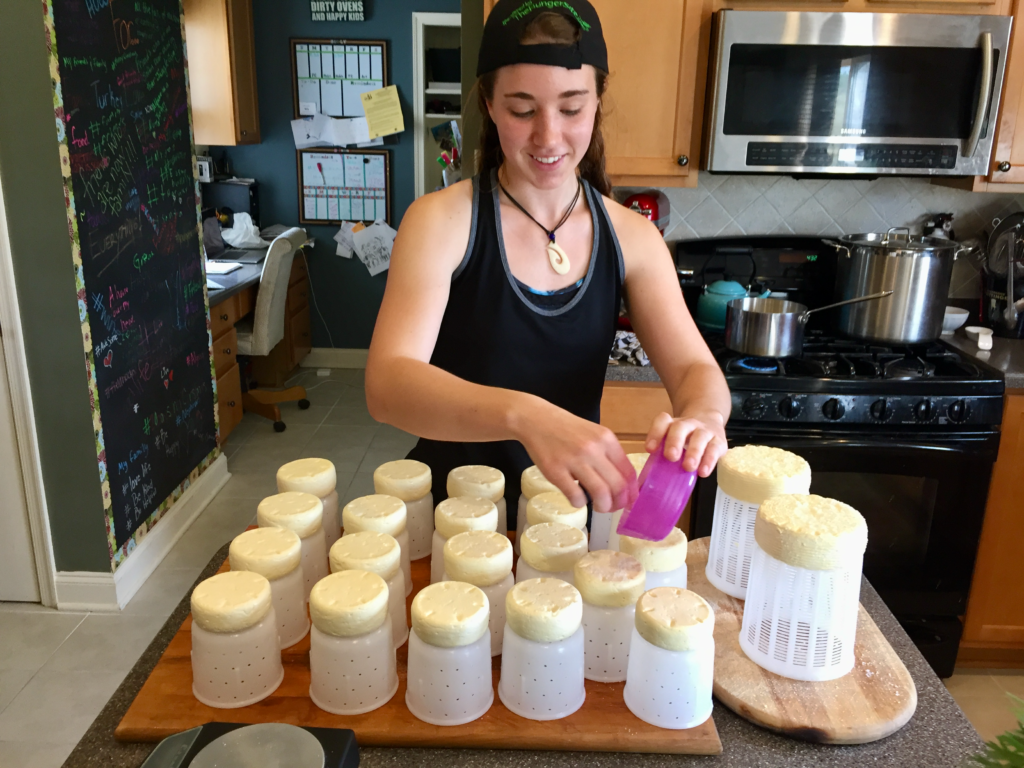
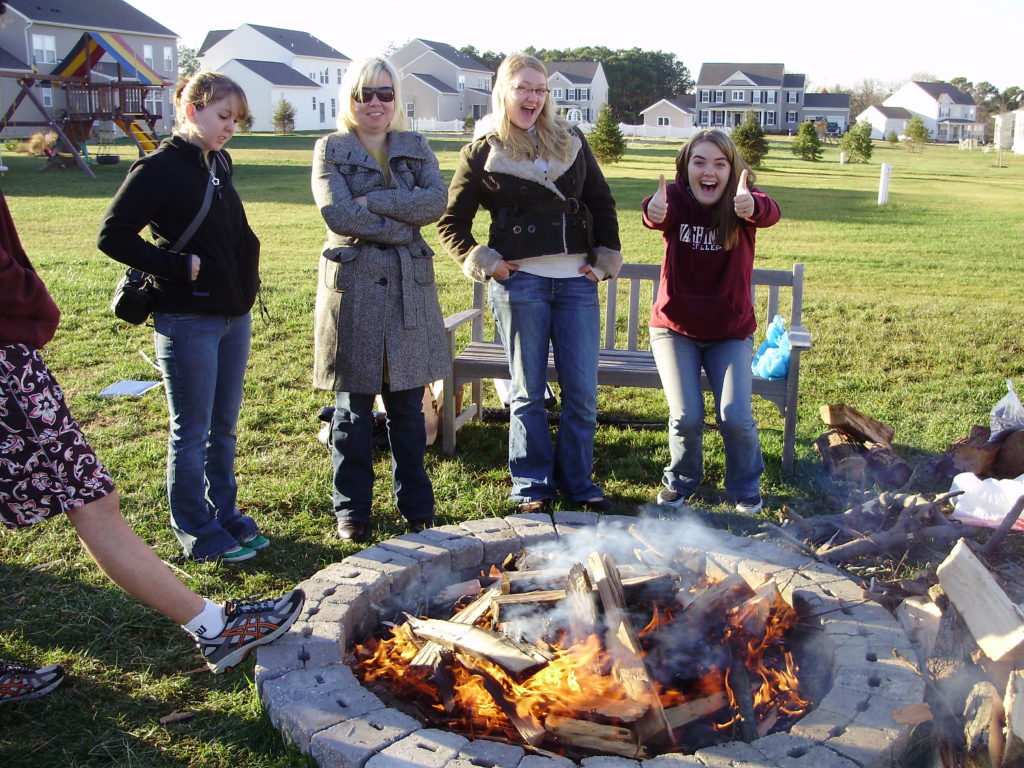
Turning an Idea into Reality
Upon our return from Ireland in the fall of 2017, I launched the Eastern Shore Food Lab at Washington College in Chestertown Maryland. A great deal of donors, support from Washington College, and a grant from the state of Maryland has made this entire innovative space possible!
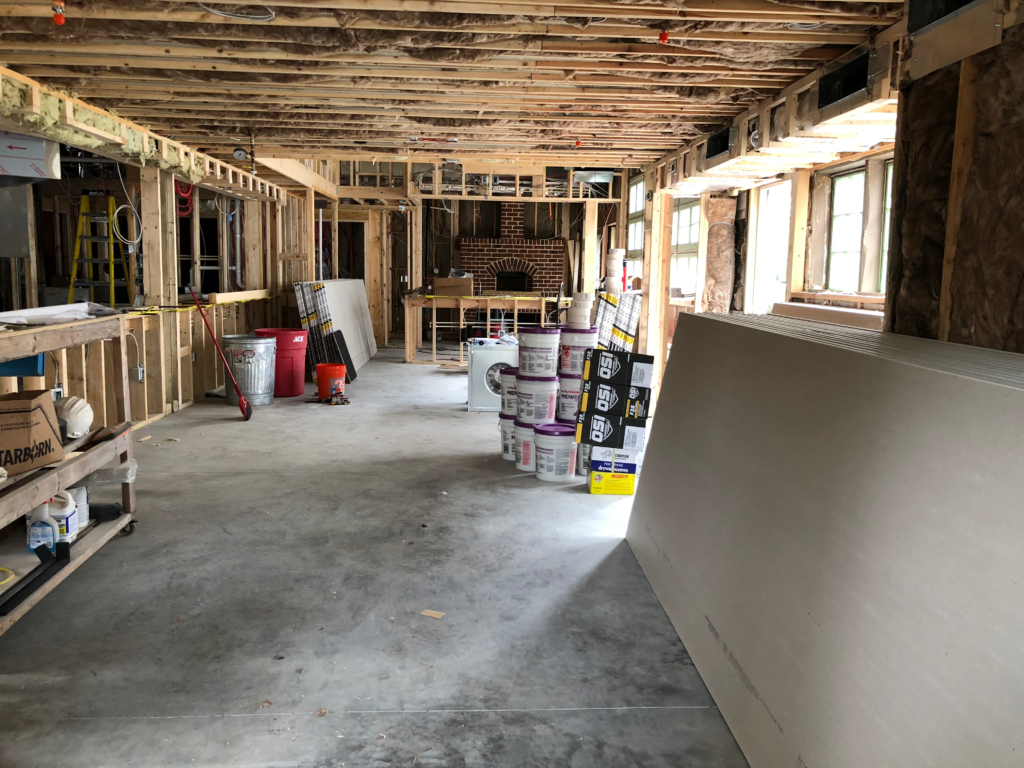
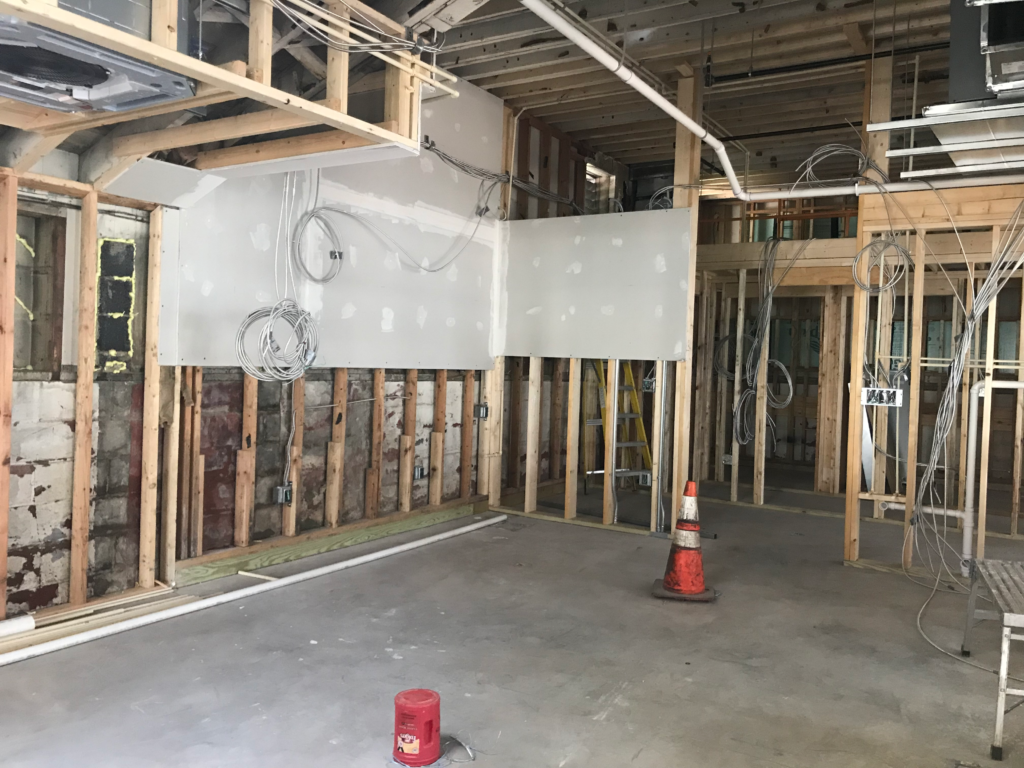
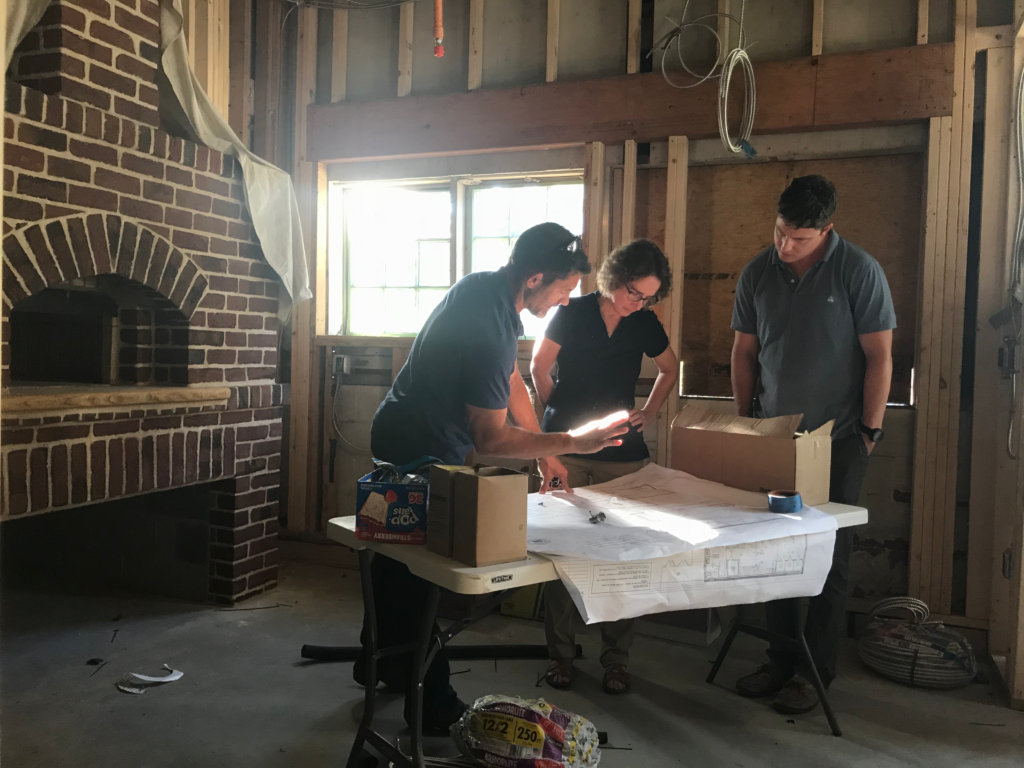
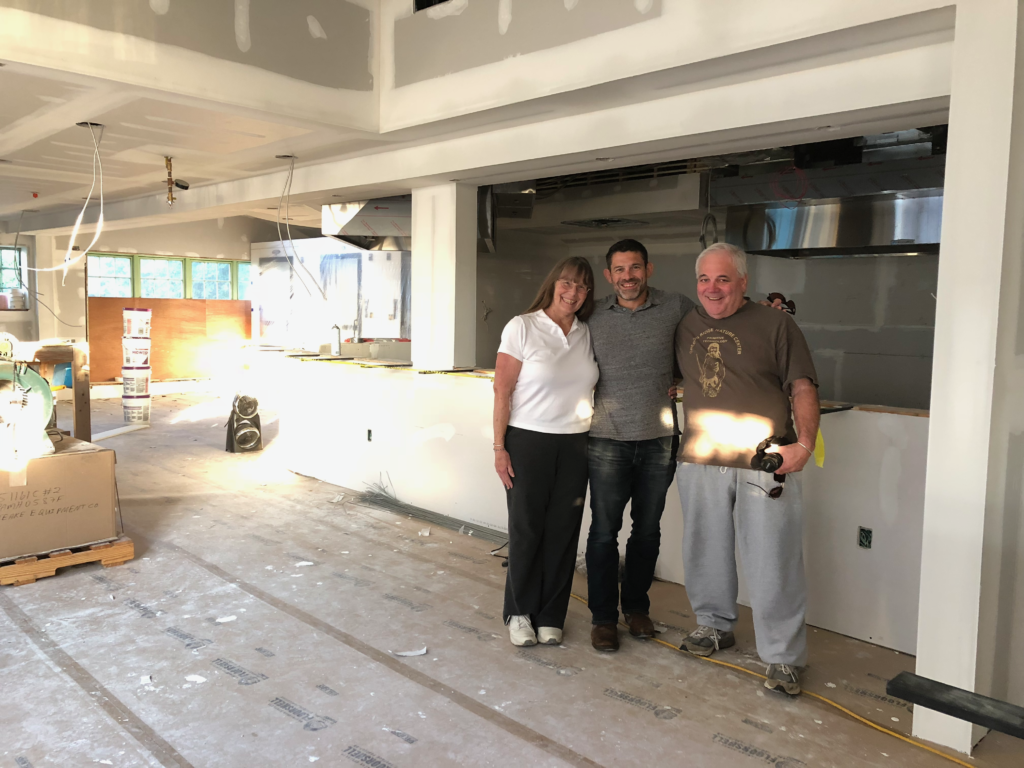
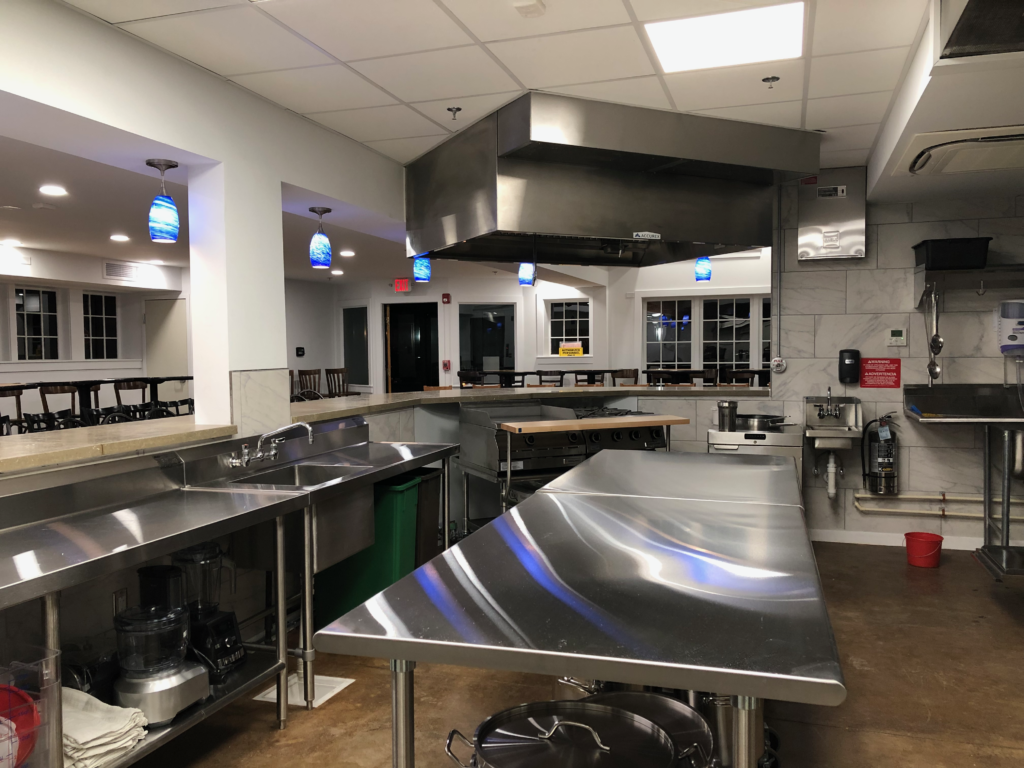
Spreading the Eat Like a Human Message
The mission of the Eastern Shore Food Lab is to optimize personal and community health by drawing upon the dietary past that built us as a species. There we research, reimagine, and share strategies that meet and exceed our biological and cultural needs. We transition culture by strengthening the ties between environment, society, family, and ourselves through food as we address issues of sustainability, food access, and dietary and social health. We provide a model that institutions within any region can emulate, achieving zero waste by conscientious design and a commitment to revitalize human and ecological communities with every action.
